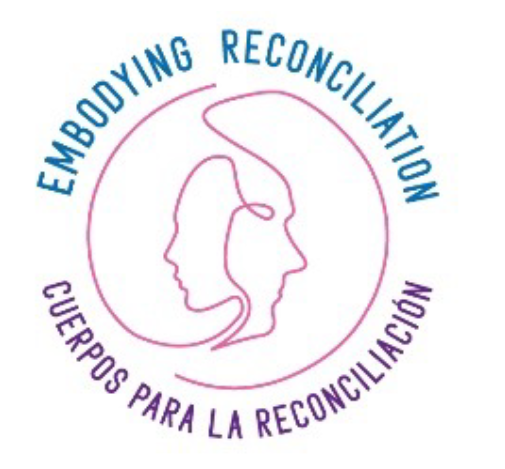
Corporación Embodying Reconciliation - Cuerpos para la Reconciliación
ColombiaContact: (+57) 314 4234371/(+57) 320 3187881
Postal address: Carrera 21 # 39b-25 Apto 202. 111311 Bogotá
Geographic Coverage of NGO’s expertise: Colombia
URL: https://embodyingreconciliation.com/site/
Download brochure
To become, by 2030, a leading global organization in innovative methodologies for peacebuilding, research, and the development of sustainable models that are replicable and can effectively contribute to the safeguarding and promotion of intangible
Mission
Identify, protect and promote practices related to intangible cultural heritage (ICH)-- corporealities, interculturality, memory, and wellbeing -- through the use of academic and therapeutic strategies, leadership and intercultural programs in loc
Safeguarding measures:
- identification, documentation,
research (including inventory-making)
- preservation, protection
- promotion, enhancement
- transmission, (non-)formal
education
- other
- Artistic and cultural
residences
Main areas of work related to the Convention:
Relevant projects and initiatives
“Museum Bodies for Empathy”, is an initiative that is presented in a physical and virtual format that aims to put the body, empathy and heritage on the same axis for personal and collective reflection. Embodying Reconciliation promotes empathy and heritage as social values that allow acknowledgement of human similarities and differences. Our work with diverse communities in vulnerable situations in Colombia and around the world has enabled different alliances. We are currently conducting research and intercultural training programs and workshops in India, Japan and Finland, with a special focus on youth.
Created in 2016, the programme “Different women, equal rights. Tradition and attention
in sexual and reproductive health for indigenous women” aims at working with different
indigenous women and their ICH around Colombia to inform, talk about, and analyze how
these women have encountered barriers to their sexual and reproductive rights because of generalized gender violence and social discrimination. As a healing and empowerment tool, we have been developing workshops and creating communication materials, some of them in native languages, to implement a medical approach that is more respectful of the sexual and reproductive rights of indigenous women.